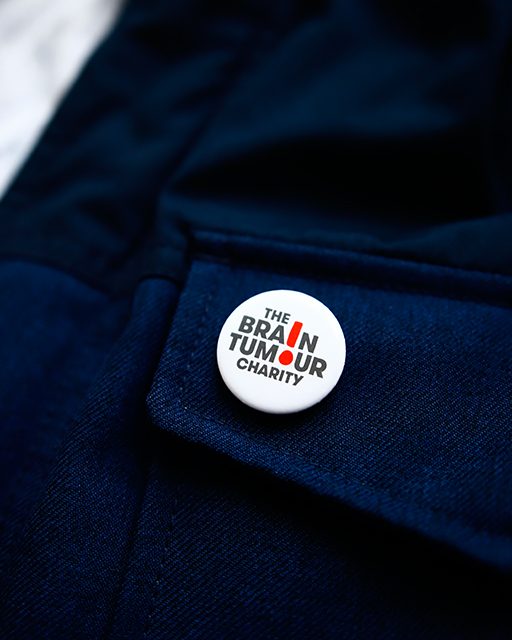Over 71,000 people affected by cancer aged 16 and over responded to the 2015 English Cancer Patient Experience Survey (ECPES) which was commissioned by NHS England.
Late diagnosis of brain tumour continues to be a problem. 21% of respondents affected by a brain tumour reported visiting their GP three or more times.
This is reflected in the findings of our Losing Myself report which showed that 31% of respondents visited their GP five or more times. Of respondents to ECPES who are affected by a brain tumour 39% did not see their GP at all and went straight to hospital prior to diagnosis – the highest across all cancers.
This may suggest that either symptoms go undetected or the individual does not deem them severe enough to warrant a visit to the GP.
Results varied around information at the point of diagnosis for people affected by a brain tumour. Around 20% of respondents said they should have been told about their condition more sensitively, 14% were given written information about their condition but found it difficult to understand and 18% were not given any written information about their condition.
In the previous 2014 English Cancer Patient Experience Survey, access to a clinical nurse specialist (CNS) was the single most important factor associated with higher experience of care.
Our own Losing my Place report showed that people who have access to a CNS are significantly more likely than those who did not to say that their brain tumour has no impact at all on their emotional or mental health. The 2015 ECPES shows that 93% of people with a brain tumour reported being given the name of a CNS however just 44% found it very easy to contact their CNS – this data does not include people with low grade tumours.
The 2014 Survey also showed a range of experiences in provision of and access to information, in particular around access to a written care plan and awareness of opportunities to take part in research. Since diagnosis, participation in research had been discussed with just 30% of respondents.
Unfortunately there has been little positive change in these areas. The 2015 ECPES showed that just 21% of respondents with a brain tumour had been given a care plan – the second lowest across all cancers. Worryingly, 13% reported not knowing or understanding what a care plan is.
Providing support and high quality information is central to our work here at the Brain Tumour Charity. We understand how important the provision of information on financial help is at an early stage for people affected by a brain tumour.
Yet just 56% of respondents with a brain tumour reported that staff had given information on how to get financial help or any benefits they might be entitled to and 22% were not given information but would like to have been.
To help support our community, we run a benefits and money clinic twice a week, which helped 178 members of our community claim over £450,000 last year.
The big takeaway from the ECEP is that there is a long way to go if we want to improve the diagnosis, treatment and care of everyone with a brain tumour. Find out more about how we plan to influence change

Your voice matters
By campaigning with The Brain Tumour Charity, you can help ensure the issues which affect the brain tumour community remain a political priority.
